When it comes to flooring options, Stone Plastic Composite (SPC) flooring has emerged as a popular choice for homeowners seeking durability, style, and versatility. However, like any flooring material, SPC flooring comes with its set of advantages and disadvantages. In this comprehensive guide, we’ll delve into the pros and cons of SPC flooring to help you determine whether it’s the right choice for your home.
Understanding SPC Flooring
Stone Plastic Composite (SPC) flooring is a type of rigid core vinyl flooring that combines limestone and stabilizers to create a highly durable and stable flooring material. The core layer provides strength and stability, while the wear layer protects against scratches, stains, and wear. SPC flooring is known for its water resistance, dimensional stability, and realistic wood or stone look.
Pros of SPC Flooring
1. Waterproof:
- Advantage:
- SPC flooring is 100% waterproof, making it suitable for areas prone to moisture, such as kitchens, bathrooms, and basements.
2. Durability:
- Advantage:
- With its rigid core construction, SPC flooring is highly durable and resistant to dents, scratches, and stains, making it ideal for high-traffic areas.
3. Stability:
- Advantage:
- The rigid core of SPC flooring provides exceptional dimensional stability, preventing the floor from expanding or contracting under varying temperature and humidity conditions.
4. Easy Installation:
- Advantage:
- SPC flooring typically features a click-lock installation system, allowing for easy and efficient installation without the need for adhesives.
5. Wide Range of Designs:
- Advantage:
- SPC flooring comes in a variety of designs, including a realistic wood and stone look, offering homeowners ample options to suit their aesthetic preferences.
6. Low Maintenance:
- Advantage:
- SPC flooring is easy to clean and maintain, requiring only regular sweeping and occasional mopping to keep it looking its best.
7. Sound Absorption:
- Advantage:
- The dense core of SPC flooring provides sound absorption properties, reducing noise transmission and creating a quieter indoor environment.
8. Environmentally Friendly:
- Advantage:
- Many SPC flooring products are made using environmentally friendly materials and manufacturing processes, making them a sustainable flooring option.
9. Cost-Effective:
- Advantage:
- SPC flooring is often more affordable than traditional hardwood or stone flooring options, providing homeowners with a cost-effective alternative.
Cons of SPC Flooring
1. Hardness:
- Disadvantage:
- The rigid nature of SPC flooring can make it less comfortable to stand on for long periods, especially compared to softer flooring materials like carpet.
2. Limited Repair Options:
- Disadvantage:
- If SPC flooring is damaged, the replacement process can be challenging, as individual planks may be difficult to remove and replace seamlessly.
3. Lack of Natural Feel:
- Disadvantage:
- While SPC flooring offers realistic wood and stone look, it may lack the natural feel and warmth of authentic hardwood or stone flooring.
4. Environmental Impact:
- Disadvantage:
- The production and disposal of SPC flooring may have environmental implications, especially considering the use of plastic materials.
5. Potential for Fading:
- Disadvantage:
- Extended exposure to sunlight may cause SPC flooring to fade over time, affecting its appearance.
6. Limited Temperature Tolerance:
- Disadvantage:
- SPC flooring may not be suitable for environments with extreme temperature fluctuations, as it can expand or contract with temperature changes.
7. Chemical Sensitivity:
- Disadvantage:
- Some individuals may be sensitive to the chemicals used in SPC flooring production, leading to potential health concerns.
8. Subfloor Preparation:
- Disadvantage:
- SPC flooring requires a smooth and level subfloor for proper installation, which may involve additional preparation and leveling.
Should You Buy SPC Flooring?
The decision to purchase SPC flooring ultimately depends on your specific needs, preferences, and lifestyle factors. Here are some considerations to help you determine whether SPC flooring is the right choice for your home:
Consider Your Lifestyle:
- If you have a busy household with children or pets, SPC flooring’s durability and water resistance may be appealing.
Assess Your Budget:
- SPC flooring is often more affordable than hardwood or stone flooring options, making it a cost-effective choice for budget-conscious homeowners.
Evaluate Aesthetic Preferences:
- Consider whether SPC flooring’s realistic wood or stone looks align with your design preferences and complement the overall aesthetic of your home.
Think About Long-Term Maintenance:
- If you’re seeking low-maintenance flooring that is easy to clean and maintain, SPC flooring may be a suitable option.
Environmental Considerations:
- Take into account the environmental impact of SPC flooring production and disposal, and explore eco-friendly alternatives if sustainability is a priority.
Test for Comfort:
- Before making a decision, consider the hardness of SPC flooring and how it feels underfoot. If comfort is a concern, explore options for adding area rugs or mats for added cushioning.
Conclusion
Pros and cons of Stone Plastic Composite (SPC) flooring offers a blend of durability, water resistance, and aesthetic appeal, making it a popular choice for homeowners seeking a versatile flooring option. By weighing the pros and cons of SPC flooring and considering your specific needs and preferences, you can make an informed decision that enhances the beauty and functionality of your home. Whether you prioritize durability, affordability, or environmental sustainability, SPC flooring stands as a practical and stylish choice for various spaces within your home.


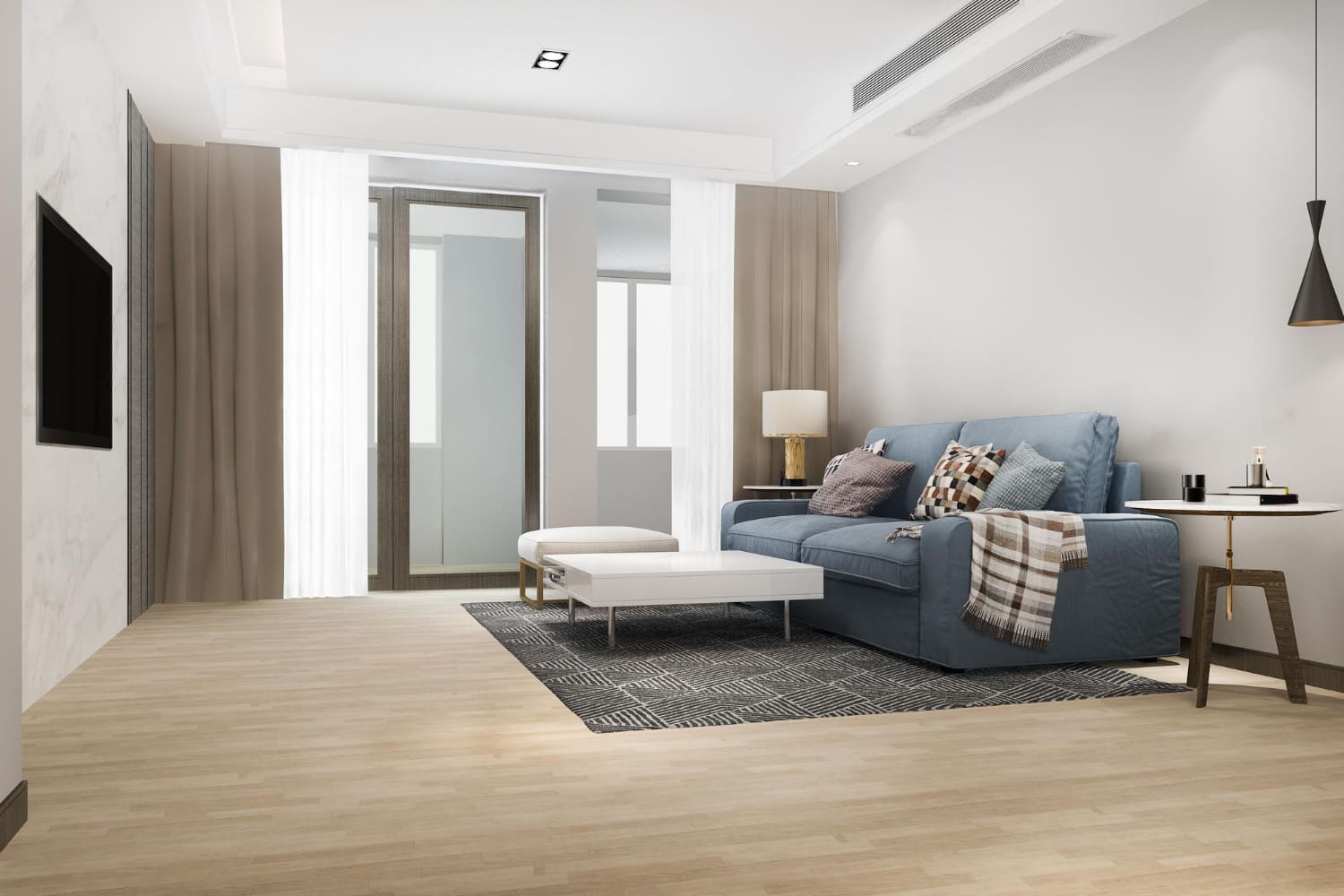
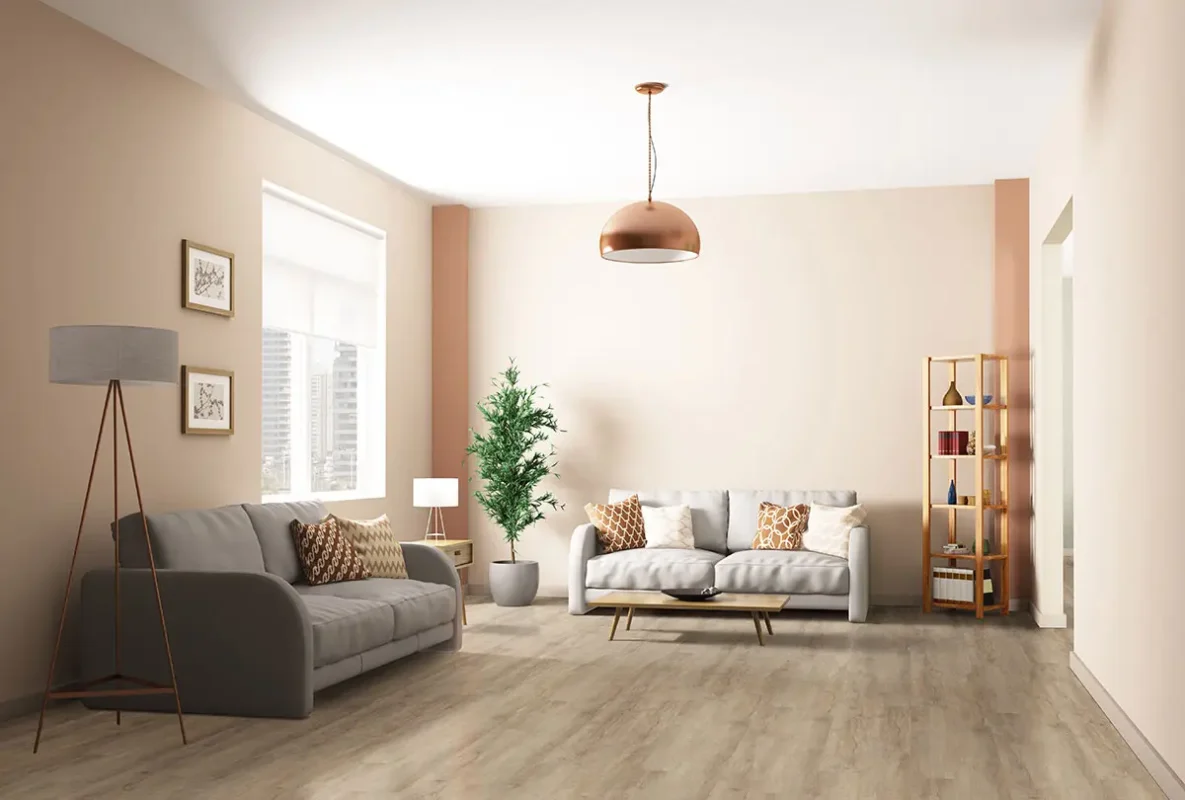
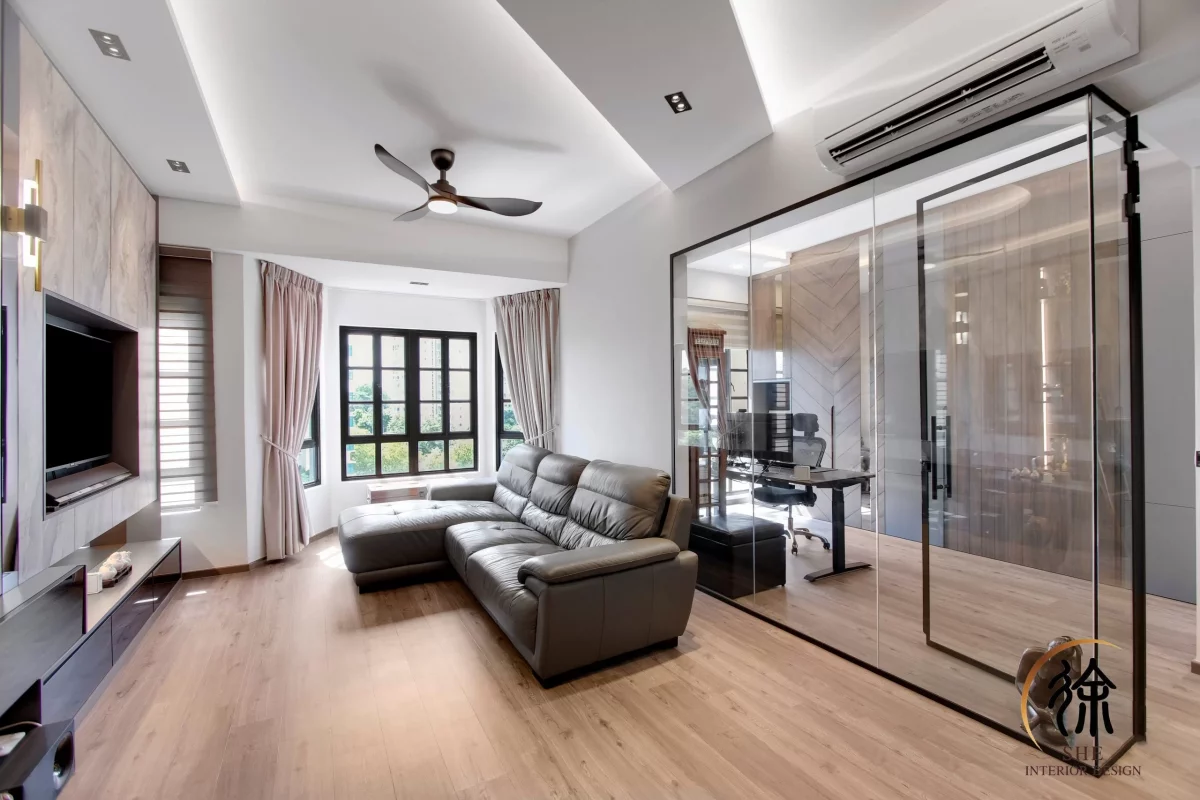

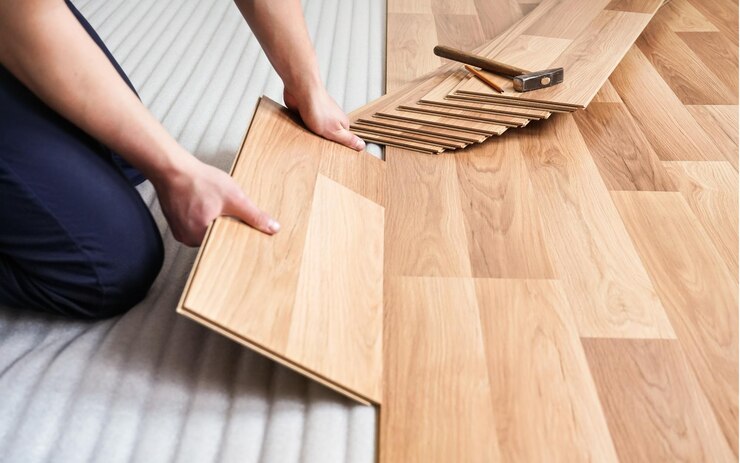
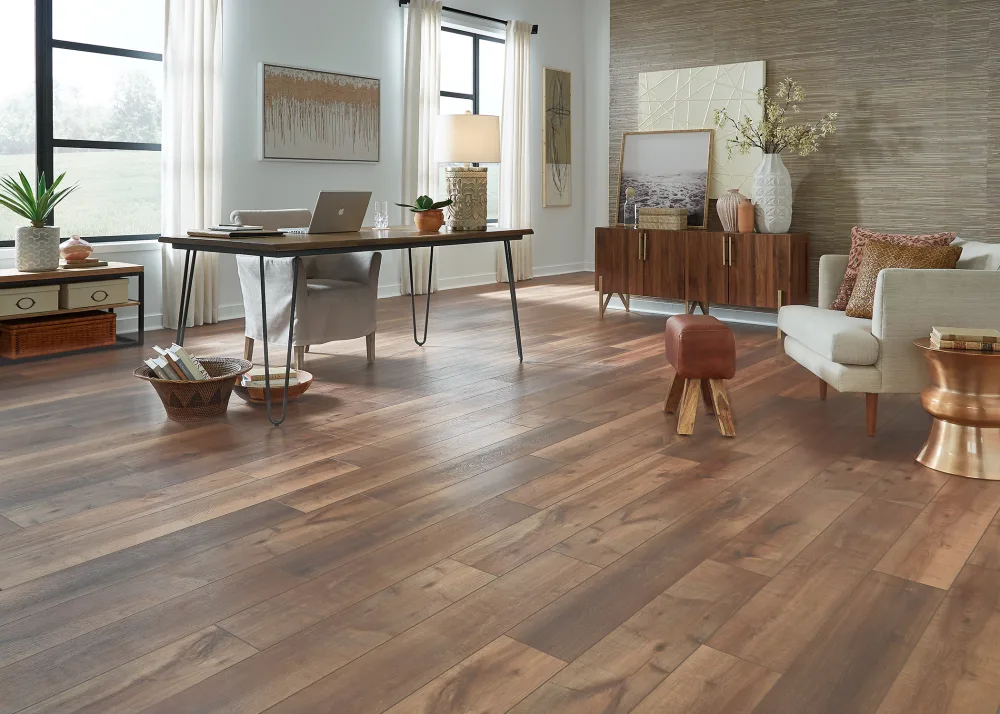

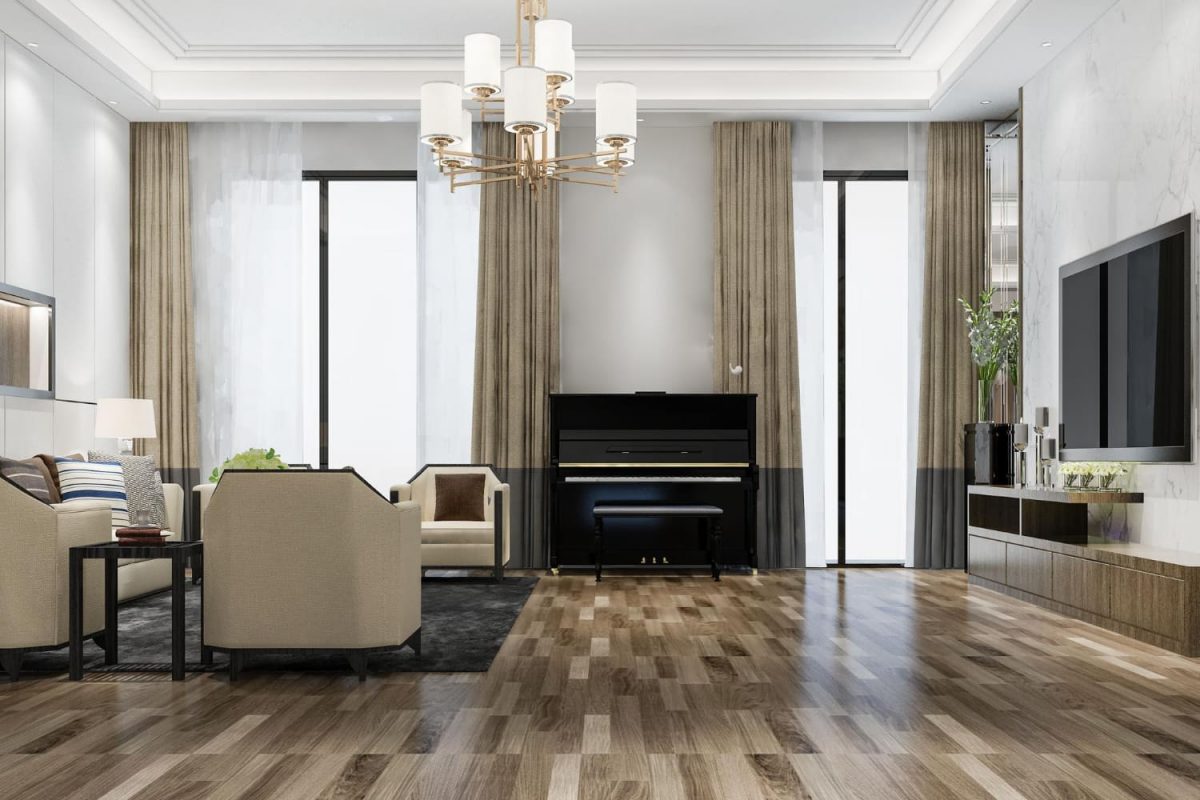
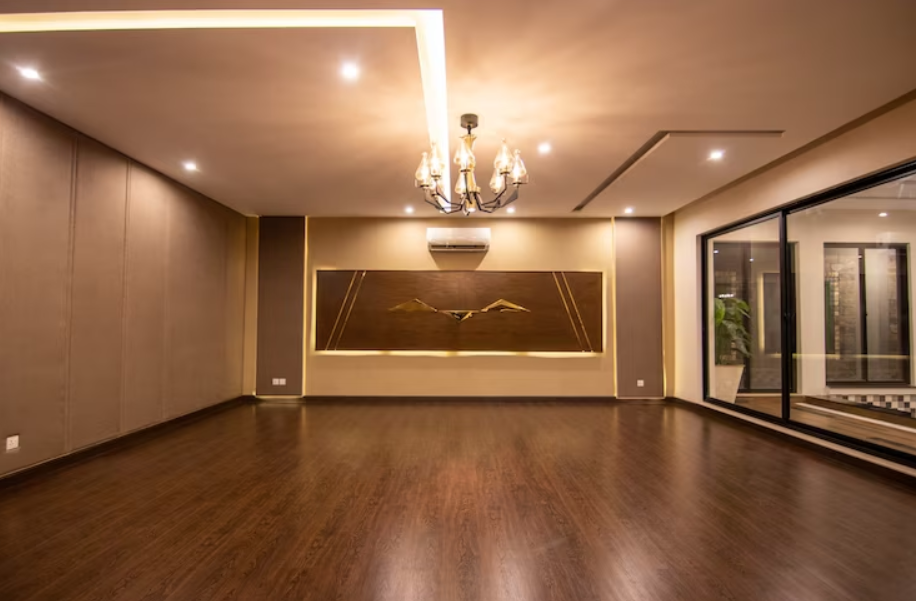
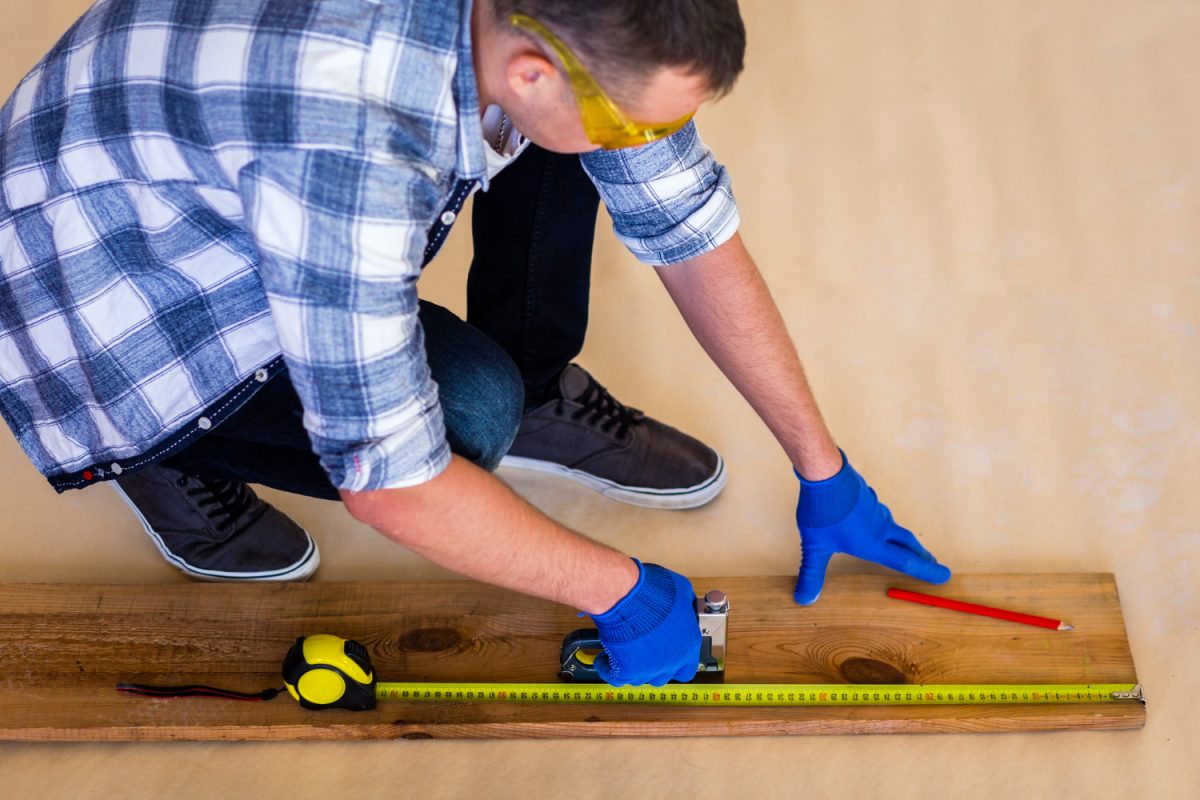
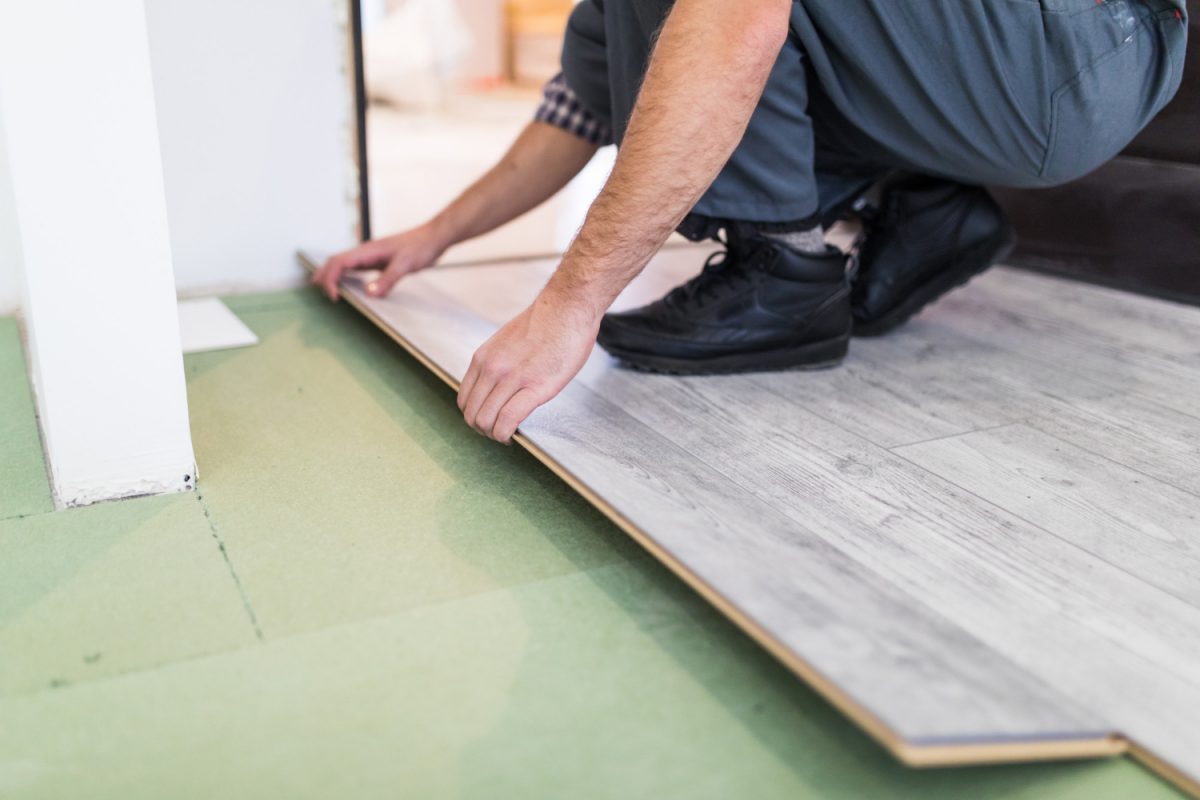
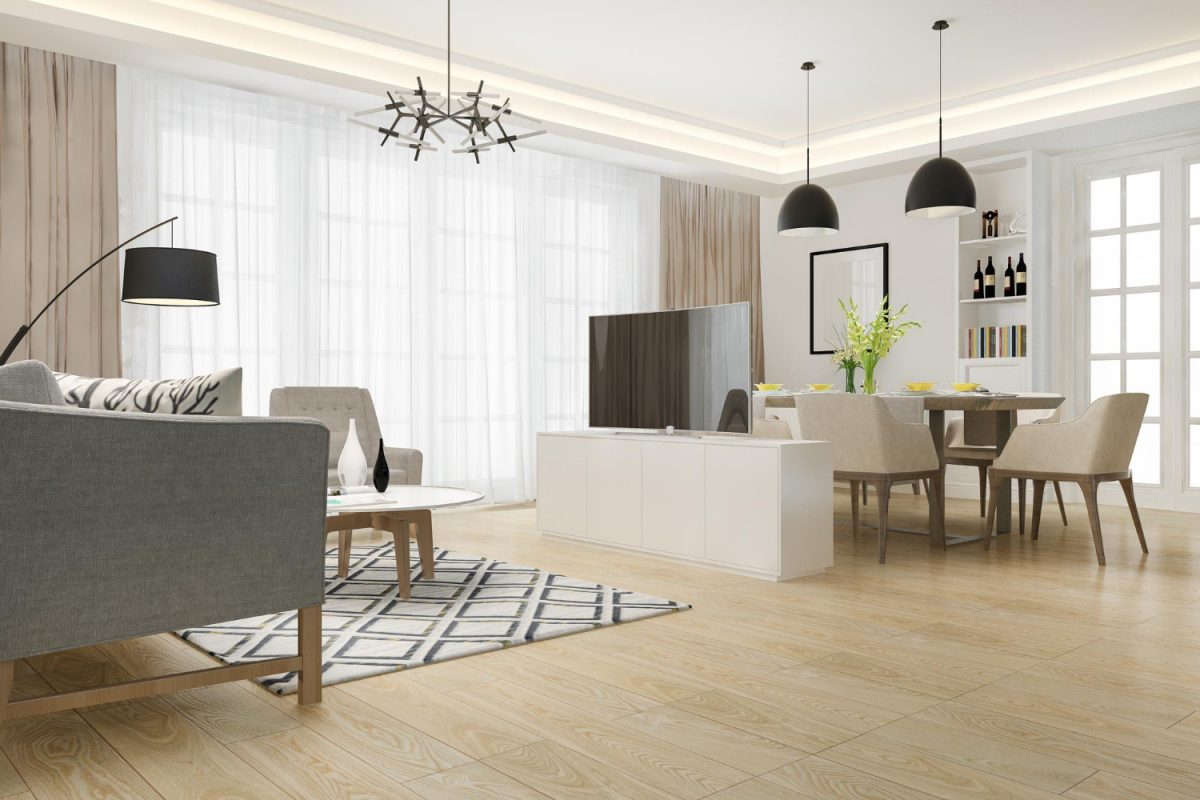
One thought on “The Pros and Cons of SPC Flooring and Should You Buy It?”